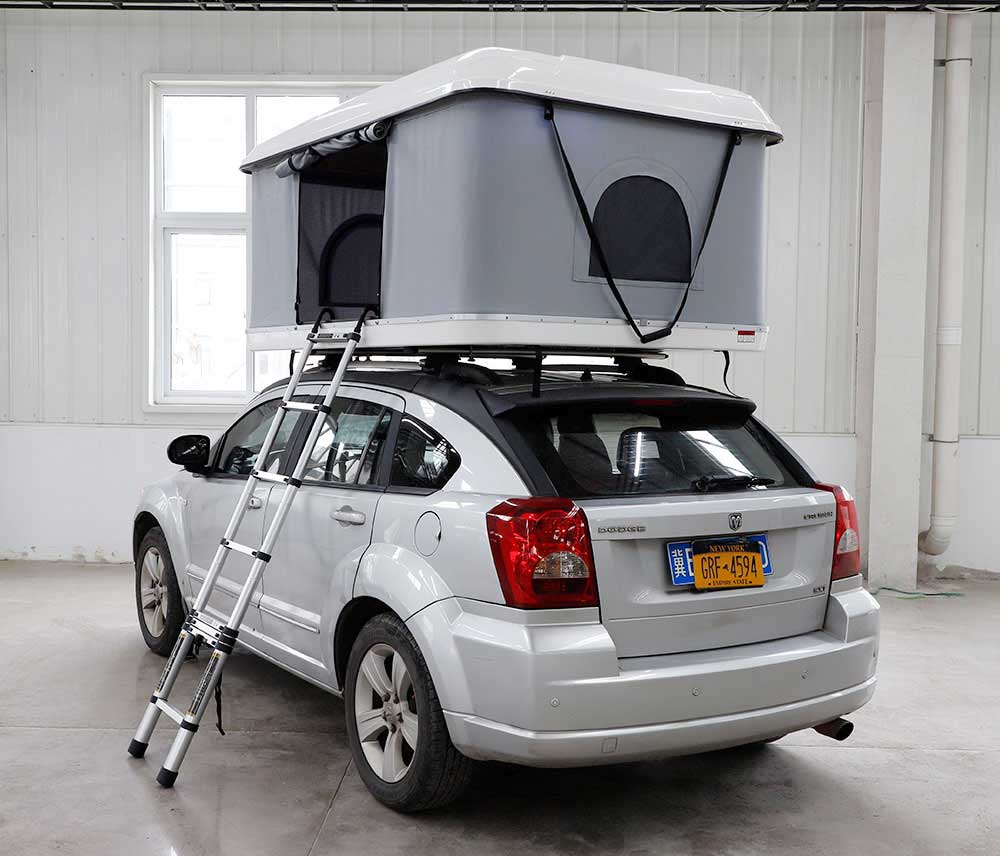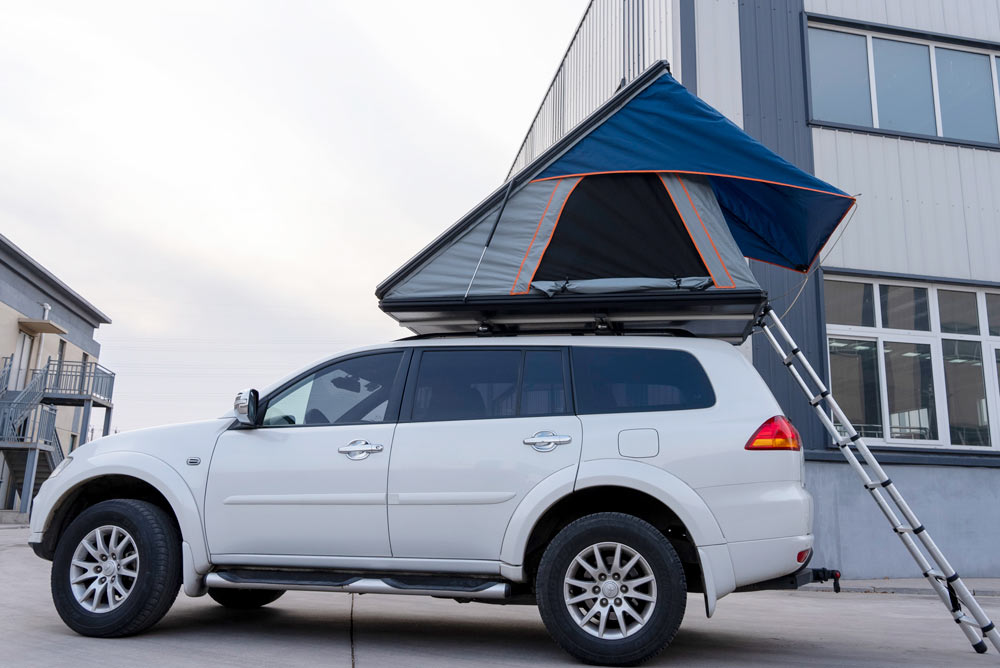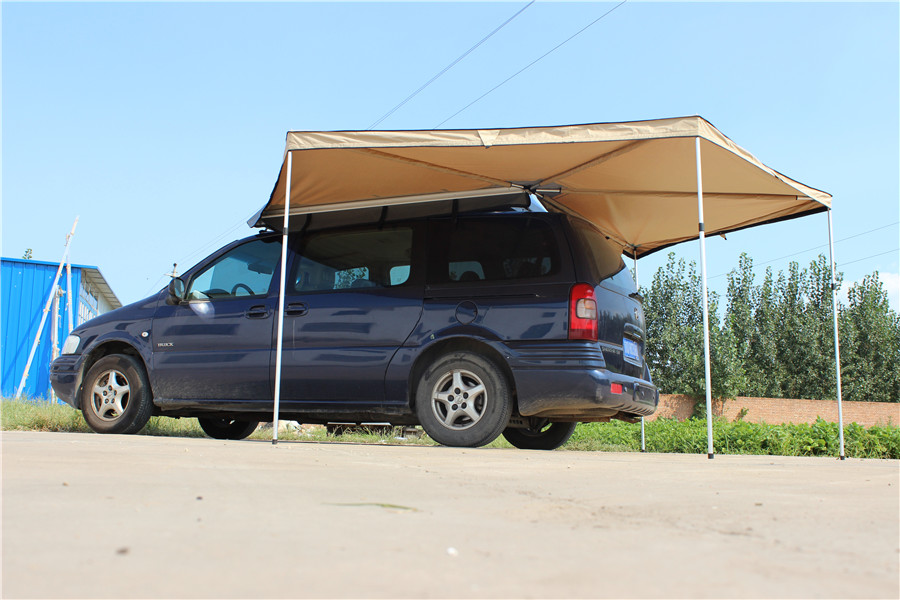Camping has long been a cherished activity for nature enthusiasts and adventure seekers alike. As technology evolves, camping gear has also seen significant innovations, and one such innovation that has gained popularity is the hard shell roof top tent. This ingeniously designed shelter offers a range of advantages that elevate the camping experience to new heights. In this article, we delve into the benefits of using a hard shell roof top tent during camping expeditions.

1. Swift Setup and Takedown:
One of the standout advantages of a hard shell roof top tent is its ease of setup and takedown. Traditional ground tents often require time-consuming assembly, especially when dealing with poles and stakes. In contrast, a hard shell roof top tent unfolds and extends within minutes, saving precious time that can be better spent enjoying the great outdoors.
2. Elevated Comfort and Protection:
Sleeping on the ground may expose campers to uneven terrain, moisture, and insects. A hard shell roof top tent raises you above these potential discomforts, providing a secure and comfortable sleeping platform. The elevated position also enhances ventilation and minimizes the risk of encountering unwelcome critters during the night.
3. Enhanced Safety:
Hard shell roof top tents offer an added layer of security. Being elevated above the ground provides a degree of protection from wildlife and unwanted visitors. Additionally, the sturdy construction and locking mechanisms of these tents contribute to a sense of safety and peace of mind, particularly when camping in remote or unfamiliar areas.
4. Mobility and Versatility:
A hard shell roof top tent is essentially a portable shelter that is always with you. Whether you're embarking on a cross-country road trip or exploring off-the-beaten-path locations, your sleeping quarters are conveniently attached to your vehicle. This mobility allows you to camp virtually anywhere your vehicle can take you, expanding your options for breathtaking views and unique camping spots.
5. All-Weather Performance:
Hard shell roof top tents are designed to withstand various weather conditions. They are often constructed with durable materials that offer resistance to rain, wind, and UV rays. This weatherproofing ensures that you stay dry and comfortable regardless of the elements, enhancing the overall camping experience.
6. Compact Design and Storage:
Storage space is often a concern when packing for camping trips. Hard shell roof top tents solve this dilemma by neatly folding into a compact package that sits on your vehicle's roof. This leaves ample room inside your vehicle for other essentials such as camping gear, food, and personal belongings.
7. Minimal Impact Camping:
For those who are environmentally conscious, using a hard shell roof top tent promotes Leave No Trace principles. By camping off the ground, you minimize your impact on the environment, as the tent's footprint is significantly smaller than that of traditional ground tents.
8. Scenic Views:
Perhaps one of the most enchanting benefits of a Aluminum shell roof tent is the panoramic view it offers. Imagine waking up to breathtaking sunrises, starlit skies, and picturesque landscapes right from the comfort of your elevated sleeping quarters. These tents provide an unparalleled perspective that is hard to replicate with ground camping.
Conclusion
The hard shell roof top tent is a modern innovation that has transformed the way we approach camping. Its convenience, comfort, mobility, and protection against the elements make it a game-changer for outdoor enthusiasts. Whether you're embarking on a weekend getaway or a cross-country expedition, this versatile shelter adds a touch of luxury and practicality to your camping adventures, turning nature into your home away from home.

